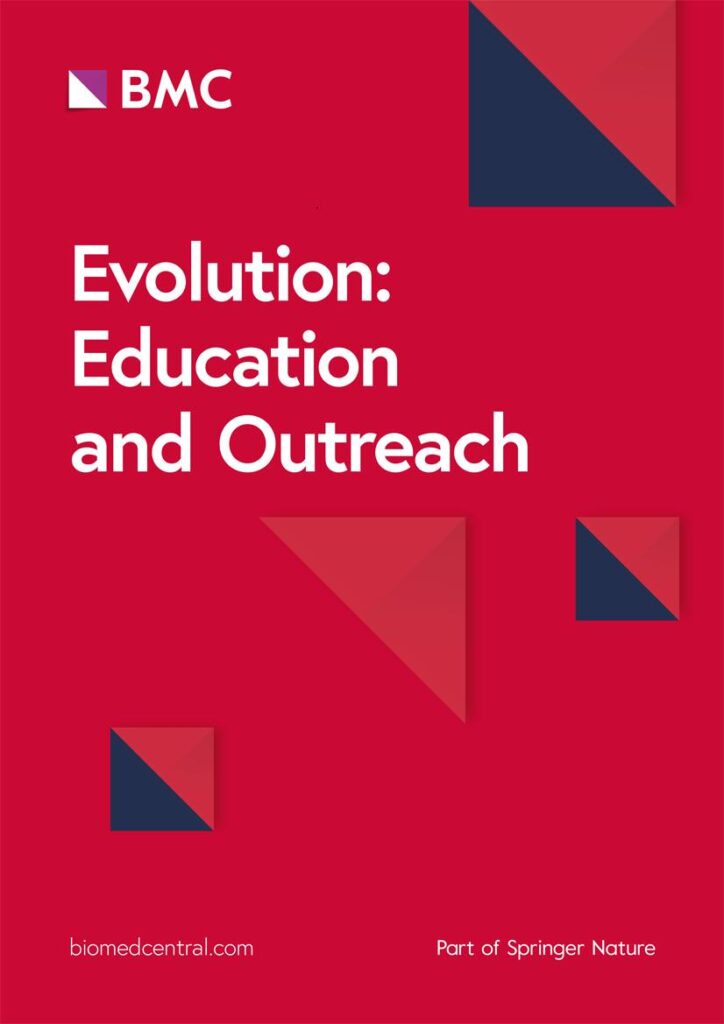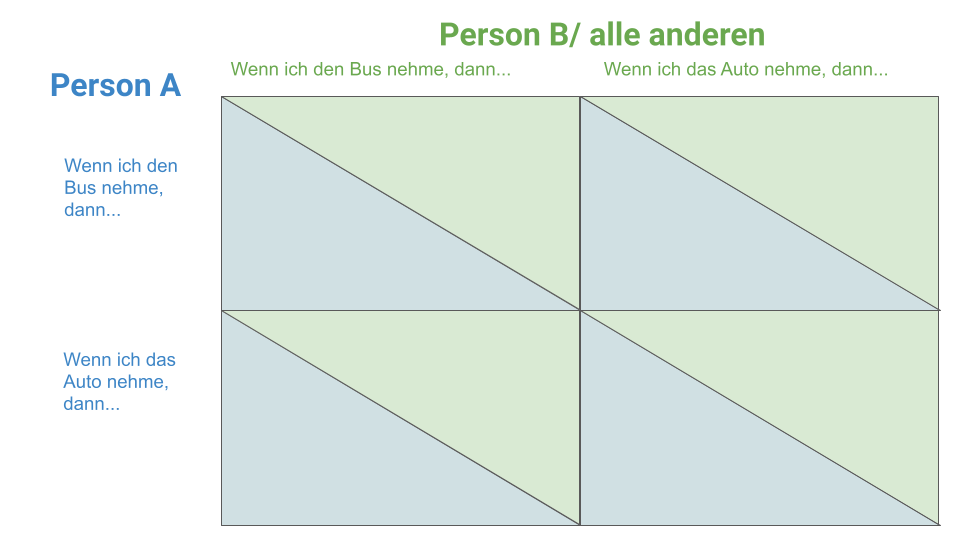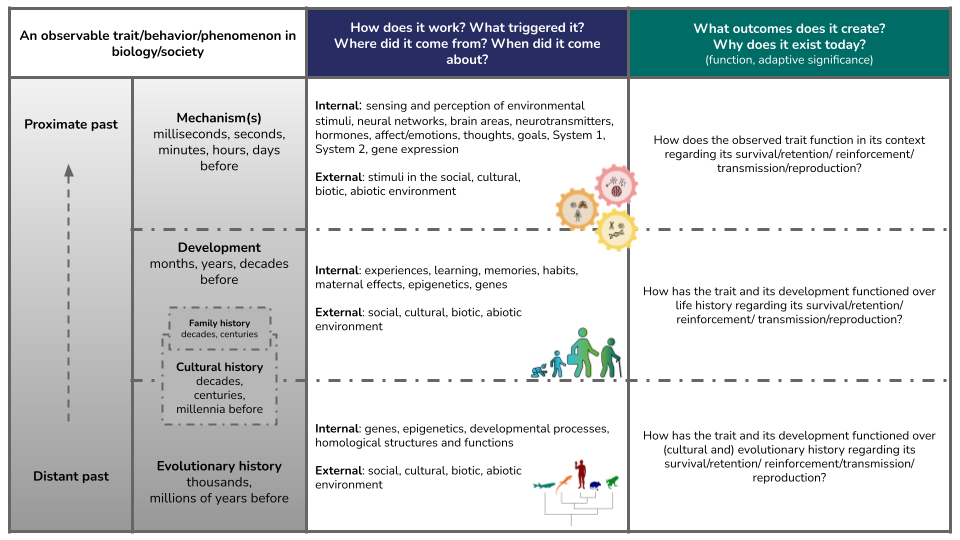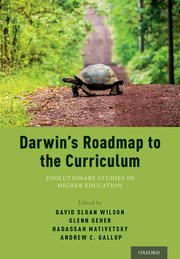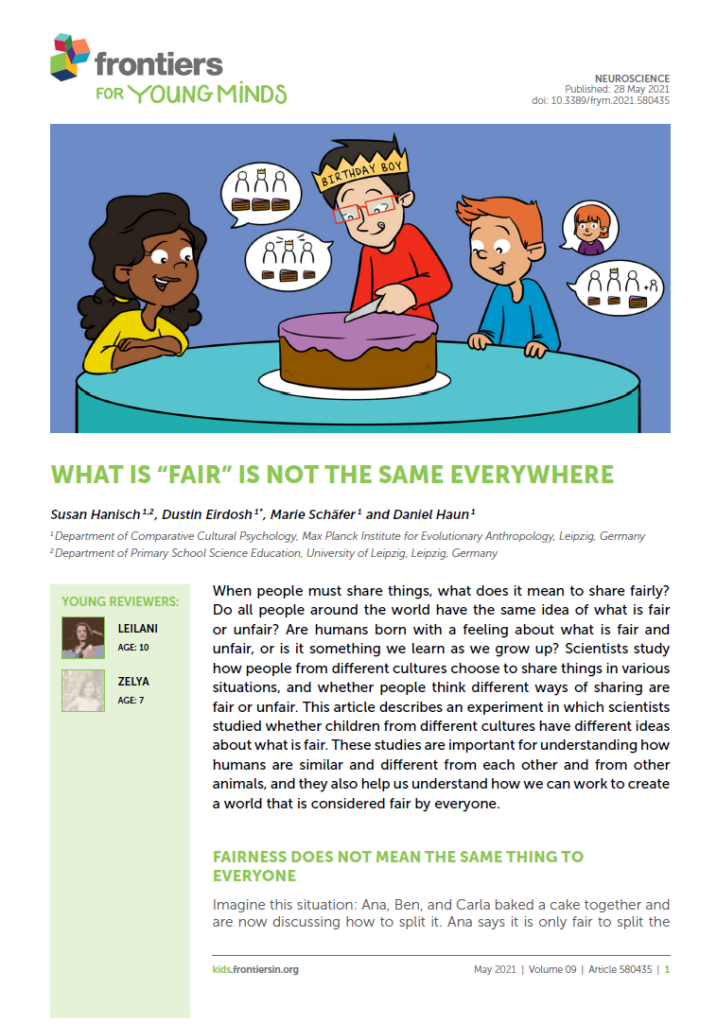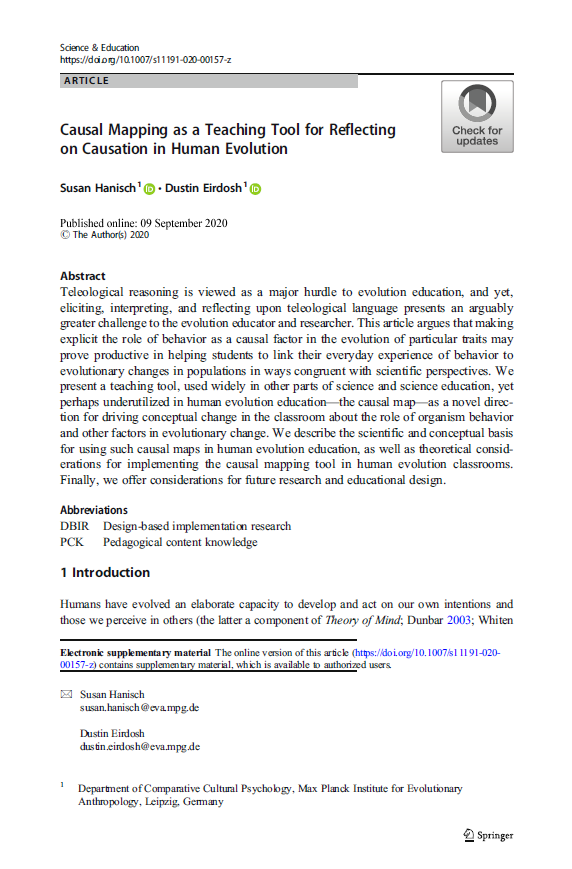Sherry, D. S. (2019). Does knowledge of evolutionary biology change high school students’ attitudes about healthy eating?. Evolution: Education and Outreach, 12(1), 1-11.
A small study was conducted at a New England high school and consisted of two research components: (1) a cross-sectional survey of students’ views about what “healthy eating” means and (2) an intervention experiment designed to isolate exposure to knowledge of evolutionary biology. Data were collected through the use of questionnaires and analyzed according to qualitative methods.

